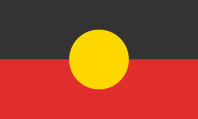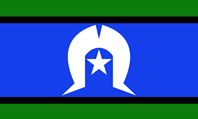Who We Are
The Roadmap team is made up of both Aboriginal and non-Aboriginal researchers and young people. The Roadmap is co-lead by Mr. Seth Westhead, an Awabakal and Wiradjuri research associate, youth mentor and advocate, and A/Prof Peter Azzopardi, a non-Indigenous paediatrician who is an expert in adolescent health research. The team has extensive experience in Aboriginal and Torres Strait Islander health research, working with young people and conducting national and international projects.
Take a look below to learn more about each team member’s background, skills and interests.
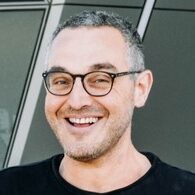
Prof Peter Azzopardi
Prof Peter Azzopardi (MBBS, BMedSci, GDipBiostats, MEpi, FRACP, PhD) is a non-Indigenous Senior researcher in the field of adolescents health. His research is informed by experience working as a paediatrician in Australia (including in youth justice, the Aboriginal Community Controlled Health sector, tertiary referral services, youth homeless services) and across health services in the Asia Pacific region.
Pete’s program of research is approached in partnership with young people. He has expertise in using data to describe adolescent health needs, and expertise in the codesign and implementation of responsive programs for adolescent and wellbeing. At Telethon Kids Institute, his work is in partnership with Aboriginal and Torres Strait Islander communities across Australia. He also leads a research group at Murdoch Children’s Research Institute where his work focuses on global adolescent health. Ensuring health equity is a cross cutting theme.
Pete is a Commissioner on the current Lancet Commission for Adolescent Health and Wellbeing. He co-chairs WHO’s Global Action for Measurement of Adolescent health expert group, and co-chairs the adolescent wellbeing work stream at the Partnership for Women’s, Children’s and Adolescent’s health (PMNCH). Pete has also recently joined WHO’s Strategic Technical Advisory Group of Experts (STAGE). These engagements provide an opportunity to contribute to – and learn- from best practice globally.
Peter is the current co-lead of this project with a focus on research activities.
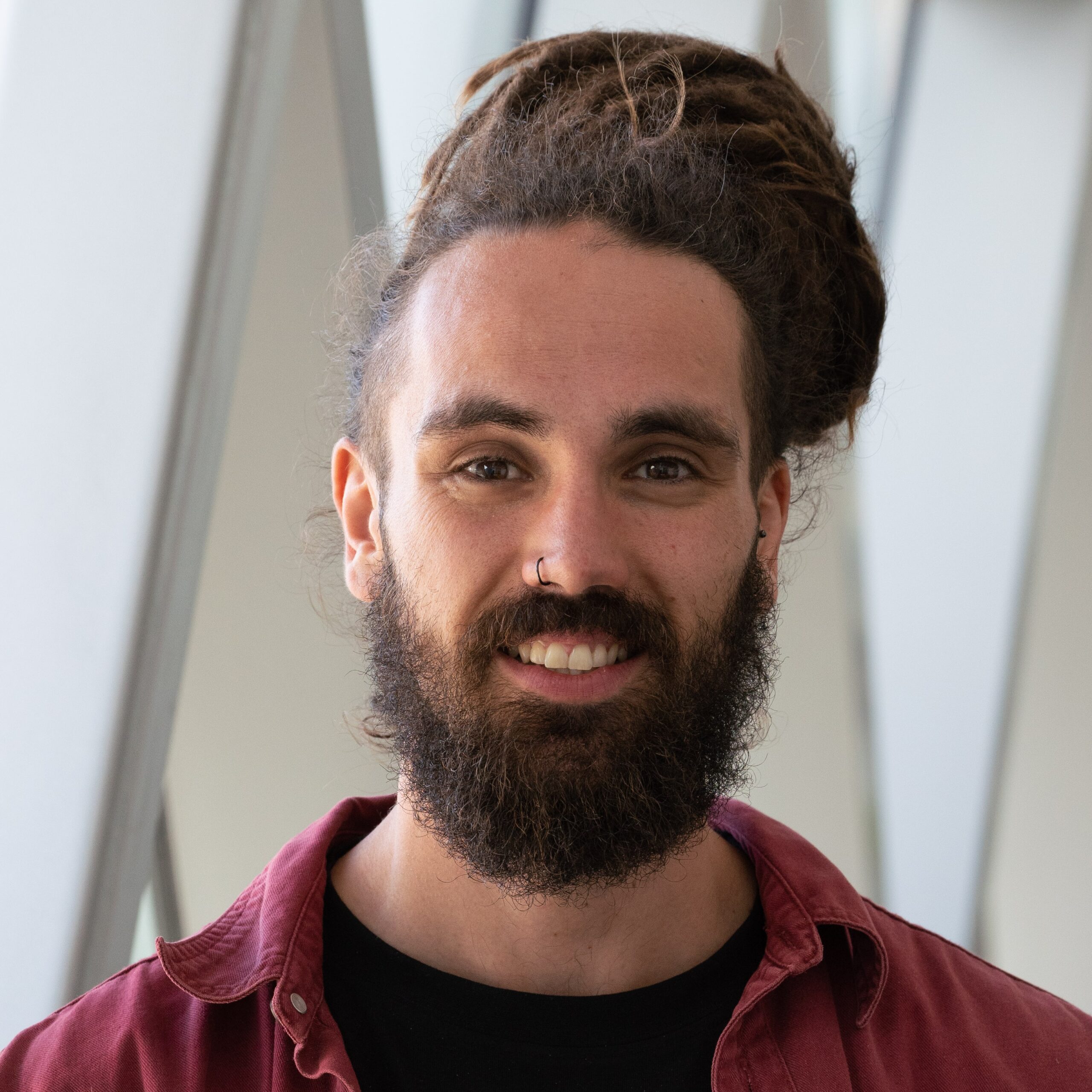
Mr. Seth Westhead
Seth Westhead (BHSc Nutrition/Physiology, MPH) has family connections to the Awabakal and Wiradjuri nations of NSW and is a Research Associate with the Aboriginal Health Equity Theme at SAHMRI.
Prof Peter Azzopardi (MBBS, BMedSci, GDipBiostats, MEpi, FRACP, PhD) is a non-Indigenous Senior Principal Research Fellow within the Centre for Adolescent Health at Murdoch Children’s Research Institute. He is also the Head of Adolescent Health and Wellbeing at Telethon Kids Institute.
Senior researcher and leads the Adolescent Health and Wellbeing Platform within the Aboriginal Health Equity theme (Wardliparingga) at SAHMRI. The Platform works in partnership with young people to understand their needs and the best ways to address them. This includes informing evidence-based policies and co-designing accessible and responsive services in partnership with policy makers and implementation partners both nationally and globally.
Seth strives to better understand how social and cultural determinants drive health and social inequities within society, particularly for young people. He seeks to better equip communities and young people with tools and evidence for public health advocacy and enable communities to translate health research into meaningful action.
Seth also has 10 years’ experience as a youth mentor across various programs, focusing on the cultural development and wellbeing of Aboriginal and Torres Strait Islander young people. He is the current co-lead of this project with a focus on youth governance and community engagement.
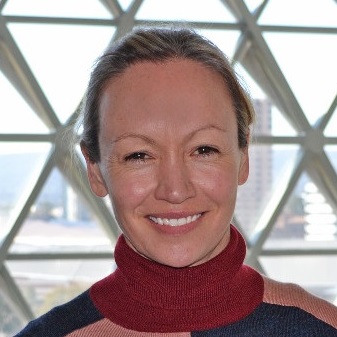
A/Prof Rachel Reilly
A/Prof Rachel Reilly is a non-Indigenous Health Psychologist and Researcher who has been working in Aboriginal health for almost 20 years alongside clinical practice in a range of settings.
Rachel is currently a Senior Research Fellow in the Adolescent Health and Wellbeing Platform within Wardliparingga Aboriginal Health Equity at the South Australian Health and Medical Research Institute, where she is working across several projects seeking to better understand mental health needs and their determinants, and to develop trauma-informed assessment and health service responses that address those needs.
Rachel’s earlier work described psychosocial determinants of Aboriginal health in the Goulburn-Murray region of northern Victoria. This work contributed to a community-led program of work that sought to advance understanding of Aboriginal models of health promotion, their alignment with ecological models, and a rethinking of implementation issues. The consistent underlying theme to Rachel’s work has been the exploration of links between social, emotional and physical wellbeing, and finding culturally relevant assessment and intervention approaches at individual and community levels to improve health outcomes.
For this project Rachel is providing leadership in the collection and analysis of qualitative data.
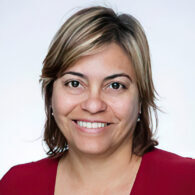
A/Prof Odette Pearson
A/Prof Odette Pearson (BAppHealthSci GradCertHealthEc PhD) is a Kuku Yalanji/Torres Strait Islander woman and Senior Research Fellow with the Aboriginal Health Equity Theme at SAHMRI. Her experience and post-doctoral training in Indigenous health policy, health systems and inequity comprises a unique comprehensive skillset relevant to existing and emerging complexities of Aboriginal and Torres Strait Islander health and wellbeing.
Through her work Odette seeks to understand how institutional policies and practices drive health and social inequities experienced by Indigenous populations. In her work she uses administrative data analysed at the community-level to show and investigate variations in health outcomes both within the Indigenous community and between the Indigenous and non-Indigenous community. Fundamental to her work is the inclusion of Indigenous communities in defining their health and wellbeing and deriving greater benefit from data through Indigenous data governance. With strong community and cross sector engagement her current research work focuses on how to reduce inequity by improving health and social system responses to better meet the needs of Aboriginal and Torres Strait Islander people.
For this project Odette is providing senior oversight and supporting governance and data sovereignty.
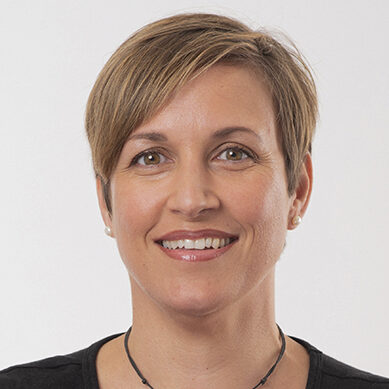
A/Prof Karla Canuto
A/Prof Karla Canuto (BSpExSc, Grad Dip IndigHP, PhD) is a descendant of the Naghir Tribe of the Kulkalgul Clan in the Torres Strait, and an experienced health promotion professional and health researcher who specialises in Aboriginal and Torres Strait Islander health. She has an undergraduate degree in Sports and Exercise Science (James Cook University), a graduate diploma in Indigenous Health Promotion (University of Sydney) and a Doctorate in Philosophy (University of South Australia).
Karla is experienced in Aboriginal and Torres Strait Islander community engagement, from a health service position and health research position having worked in Aboriginal and Torres Strait Islander health/ health research since 2001. She previously led the Capacity Development Platform within Wardliparingga Aboriginal Health Equity at SAHMRI, which aims to strengthen the capacity of Aboriginal and Torres Strait Islander researchers and build the next generation of researchers. She now holds a senior position with Flinders University.
For this work Karla is providing leadership and support in the capacity development of young people.
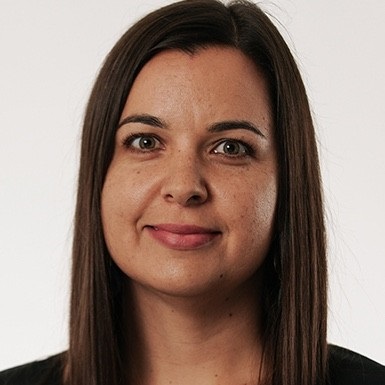
Ms Tina Brodie
Tina Brodie (BSW (Hons) GradCertCouns) is an Aboriginal woman with connections to Yawarrawarrka / Yandruwandha. She is a third year PhD Candidate at the University of Adelaide in the Faculty of Health and Medical Sciences and a Clinical Research Associate in the Aboriginal Health Equity theme at SAHMRI. Tina holds a Bachelor of Social Work, First Class Honours (Charles Sturt University) and a Graduate Certificate in Counselling and Psychotherapy (University of Adelaide). She has over ten years of experience in Aboriginal Health in multiple clinical, project and leadership roles working with Aboriginal children and families and has recently transitioned into a research career exploring Aboriginal and Torres Strait Islander Social and Emotional Wellbeing, specifically in relation to the social determinants of health.
Tina has expertise in 1) Indigenous methodologies and applying these to integrate Indigenous knowledges into a range of approaches and, 2) program evaluation in both clinical and research settings, with experience applying methods which are flexible, innovative, adaptive and require high critical reflection and creative thinking and 3) culturally responsive and ethical ways of working and engaging Aboriginal and Torres Strait Islander people and communities in research. Tina through her commitment to health equity and the highest quality research will contribute to the evaluation design and implementation as well as strengths-based empowerment approaches for research with Aboriginal and Torres Strait Islander young people and communities.
For this work Tina is providing leadership and support in the evaluation design and implementation of the Roadmap and youth governance.
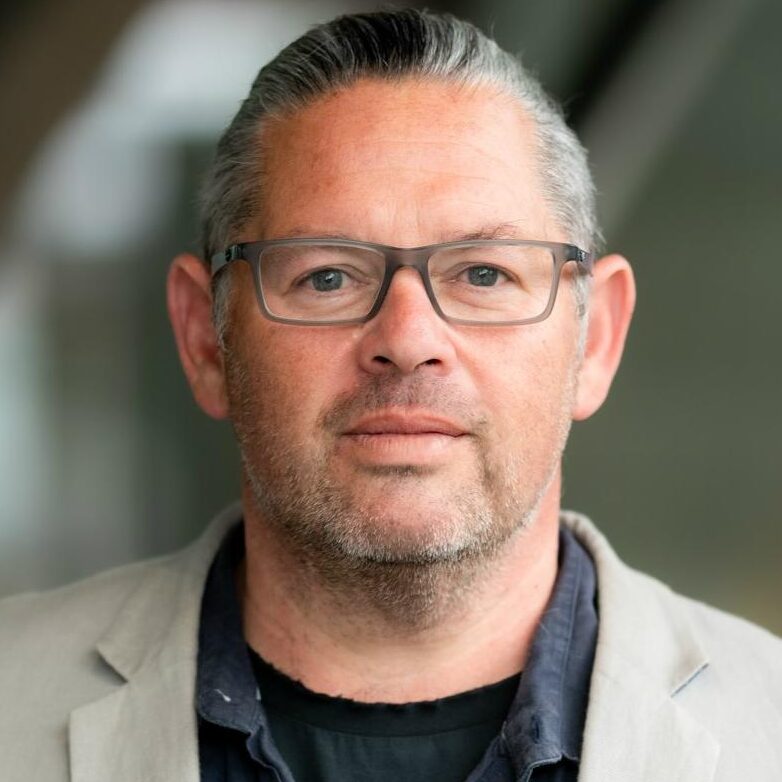
Prof Alex Brown
Prof Alex Brown (MBBS, MPH, PhD), is a clinician/researcher who has worked his entire career in Aboriginal health in the provision of public health, infectious diseases and chronic disease research and care (cardiovascular, diabetes and cancer). Prior to taking a recent position with the Telethon Institute, Alex was the leader of the Aboriginal Health Equity Theme at SAHMRI. His work focuses on the relationships between cultural context, socio-economic disadvantage, inequitable access to care and health disparities for Indigenous peoples. Alex has built a research career spanning clinical epidemiology, mixed method health service research, qualitative research, and has contributed to the development of culturally aligned Indigenous methods of research. He is heavily involved in national policy and has a strong track record in knowledge translation, with leadership roles in national health translation centres across the country. He has overseen the development of research teams, their training, and capacity development, and has established and implemented numerous research studies in Aboriginal communities spanning all jurisdictions of the country.
Alex is especially skilled in fieldwork in rural/remote Aboriginal communities, community survey development, program adaptation and deployment and its analysis. He is committed to community feedback and empowerment through research data and interpretation.
For this project Alex is providing senior oversight, leadership and support, and will play a key role in supporting the translation of the Roadmap.
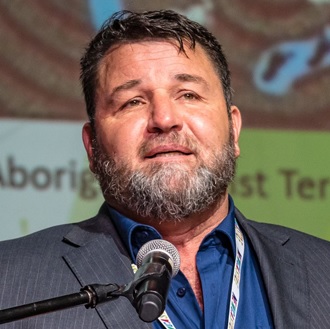
Prof James Charles
Professor James Charles (BPod, MthSci (Pod), PhD) is a very proud Kaurna man from the Adelaide Plains, South Australia. The current Director of the First Peoples Health Unit, Griffith University, Prof Charles has previously worked at the Deakin University, University of Newcastle, and Charles Sturt University.
Prof Charles was one of the first Aboriginal podiatrists in Australia, the first Aboriginal person to receive a Master of Podiatry, and the first Aboriginal Podiatrist to receive a PhD (Aboriginal foot health). He has volunteered his time at many Aboriginal Community Controlled Organisations, boards, and committees around Australia. James has provided clinical podiatry services to Aboriginal communities all over Australia, in urban, rural and remote places.
James was the Chairperson of Indigenous Allied Health Australia 2009 – 2010, and Chairperson of the Indigenous Allied Health Australia Network 2008. He was a proud representative on the national “Close the Gap” committee in 2008-2009 and received the national NAIDOC “Scholar of the Year” award in 2017 for his teaching, research and work with Aboriginal communities. Prof Charles has also received the prestigious Alumni Accolade Award from the University of South Australia in 2018, and the outstanding Alumni Achiever Award from the University of Newcastle 2019. Prof Charles has received a UNESCO achievement award for scientific education in 2019.
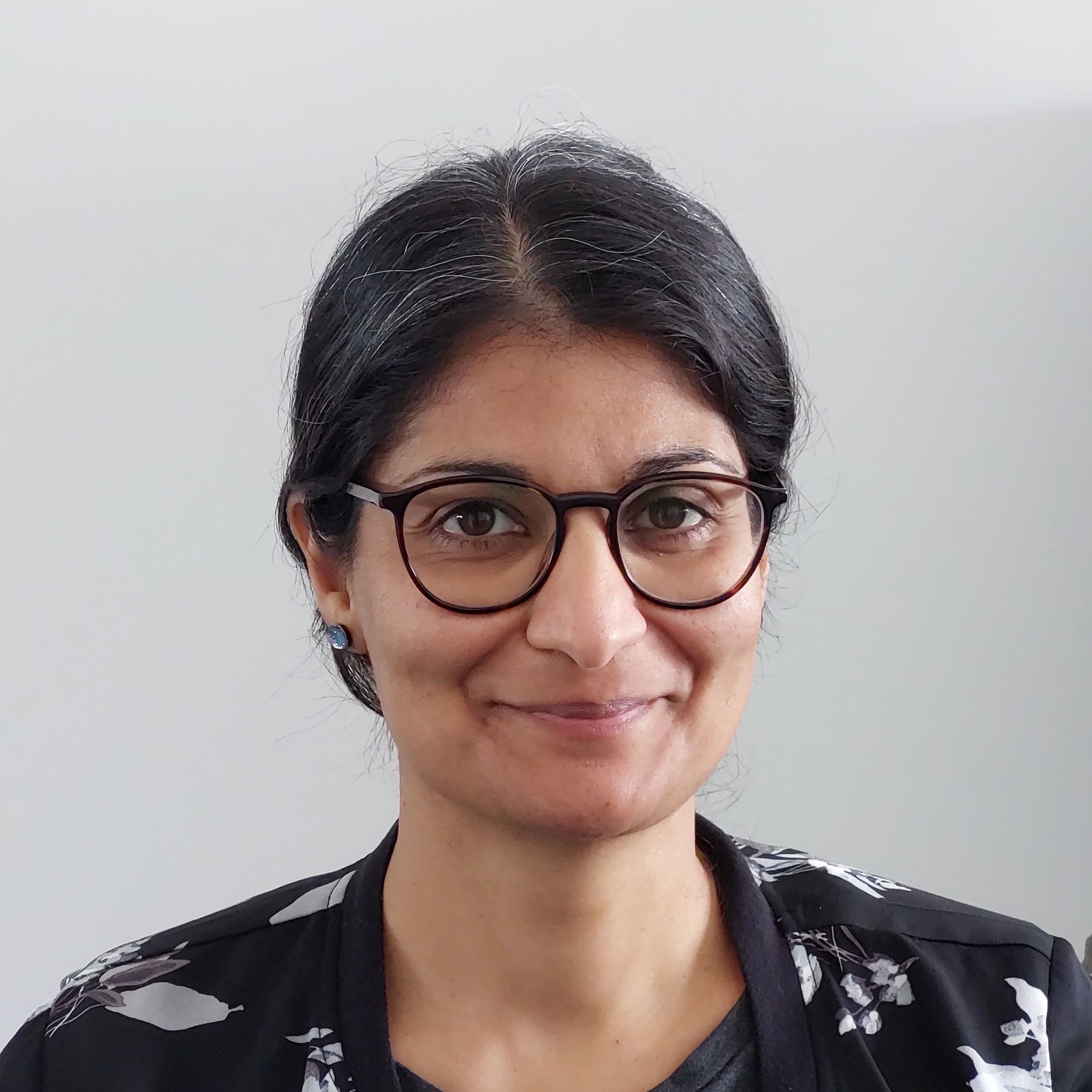
Dr Jaameeta Kurji
Jaameeta Kurji is a non-Indigenous Global Health Researcher and Epidemiologist who has spent the last 14 years working in partnership with a diverse range of communities in East Africa and Asia to improve the quality of health services and equitable access to care for all, but particularly young people. As part of her PhD research, she explored how context influences young women’s access to health services. She used spatial analyses and multilevel modelling to examine how several factors, such as distance, place of residence, household wealth and levels of social support, shape access to care in rural and remote areas.
Jaameeta has experience in designing, implementing and evaluating complex health interventions. She approaches public health from a social justice perspective making equity a core value guiding her research.
For this project Jaameeta is providing leadership and support in the collection and analysis of quantitative and qualitative data.
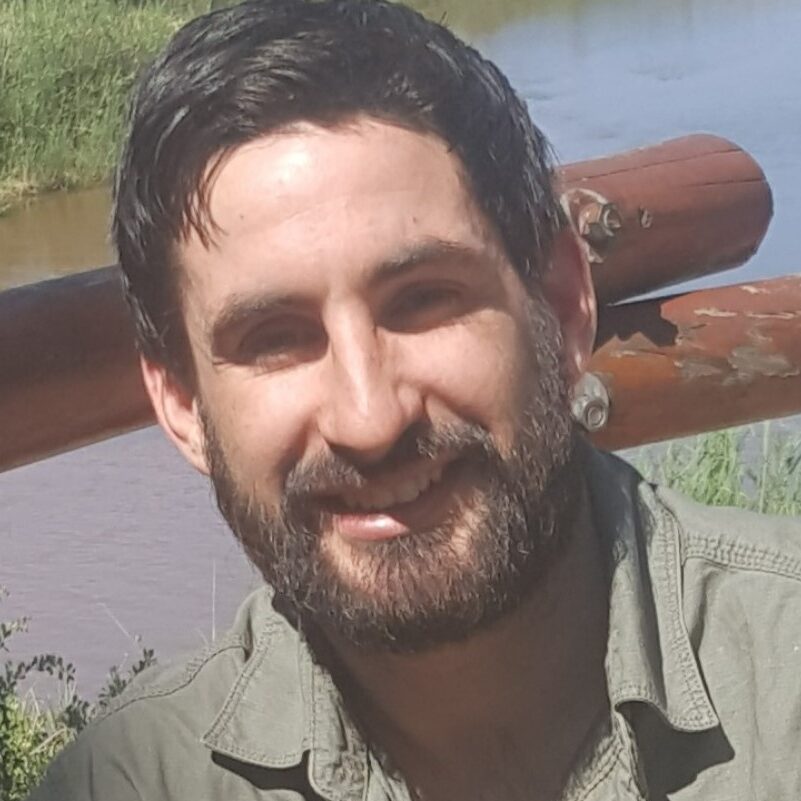
Mr Daniel McDonough
Mr Daniel McDonough is a Kaurna man from the Adelaide Plains, South Australia. He has previously completed a Master of Public Health (MPH) and is currently working as Research Officer with the Aboriginal Health Equity Theme at SAHMRI.
Daniel is a passionate researcher and has worked across several projects including Population Health and Ageing and recently transitioned to Adolescent Health and Wellbeing. Daniel is focused on developing a greater understanding of the social and cultural determents of health for Aboriginal communities. Further to this, Daniel has over 10 years’ experience in the disability sector for the Department of Human Services, working in various management roles and advocating for people with disabilities.
For this work Daniel is providing support to the project team and with research activities.
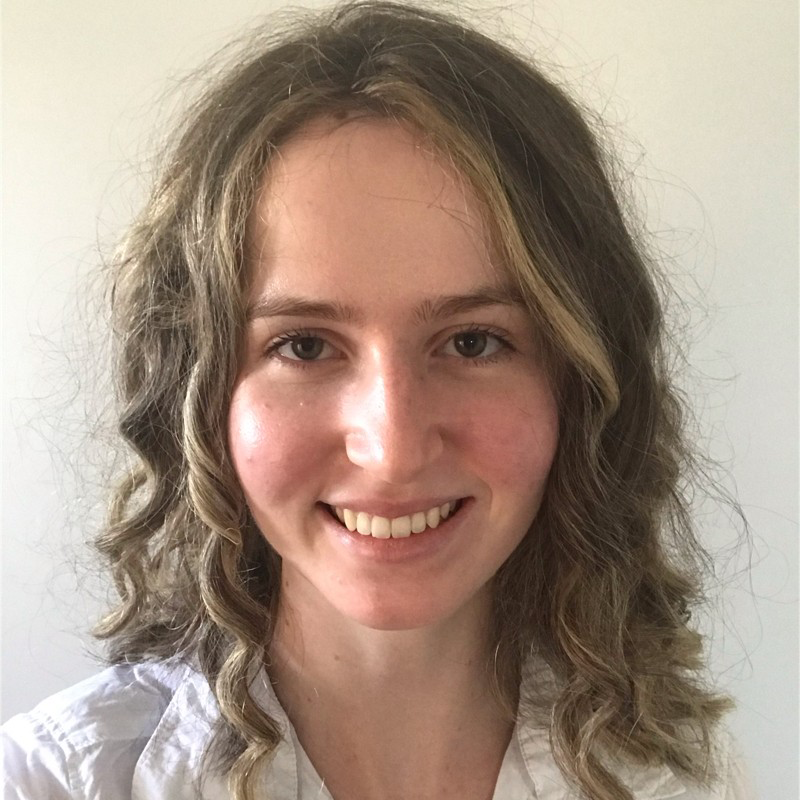
Ms India Shackleford
India, a Ngarrindjeri and Kaurna woman, is a passionate advocate for women and First Nations people within STEM. She studied a Bachelor of Science (Honours) at Flinders University, specialising in forensic and analytical chemistry. At present, she is also a postgraduate student in the Doctor of Medicine (MD) program.
India has research experience in several areas, including medicinal chemistry, materials science, illicit drugs and microplastics. She has several years of youth mentoring experience and has previously worked in education outreach roles, looking at the connections between Indigenous Knowledges and Westernised science. Her aim is to conduct meaningful research to promote positive health outcomes on a local, national and global scale. As a Research Assistant for Wardliparingga Aboriginal Health Equity Theme at SAHMRI, India endeavours to better understand factors leading to inequity within health outcomes, particularly in relation to Aboriginal and Torres Strait Islander Peoples.
For this work, India is providing support to the project team, as well as assisting with research activities and youth governance.

QUICK LINKS
CONTACT US
North Terrace, Adelaide 5000 South Australia
POSTAL ADDRESS
PO Box 11060, Adelaide 5001 South Australia
Ph: 08 8128 4273
ABN 54 141 228 346 | © SAHMRI 2022
